December 19 stands as one of history’s most eventful days, witnessing the rise and fall of empires, groundbreaking discoveries, and moments that shaped our modern world across centuries of human achievement.
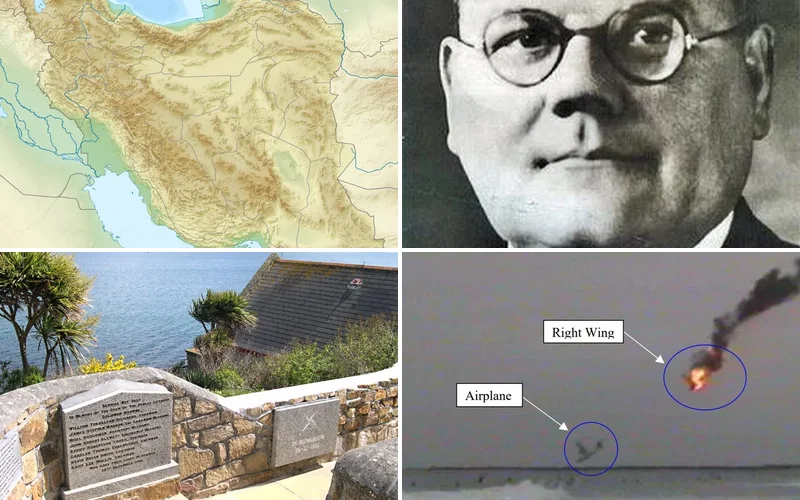
Politics and Government Events on December 19
1998 – President Bill Clinton Impeached by House of Representatives

The United States House of Representatives voted to impeach President Bill Clinton, making him only the second president in American history to face this constitutional process. The historic vote divided along partisan lines in one of the most contentious political moments of the 1990s.
Clinton faced charges of perjury and obstruction of justice stemming from his testimony about his relationship with White House intern Monica Lewinsky. The impeachment proceedings captivated the nation and dominated headlines for months.
1984 – Sino-British Joint Declaration Signed
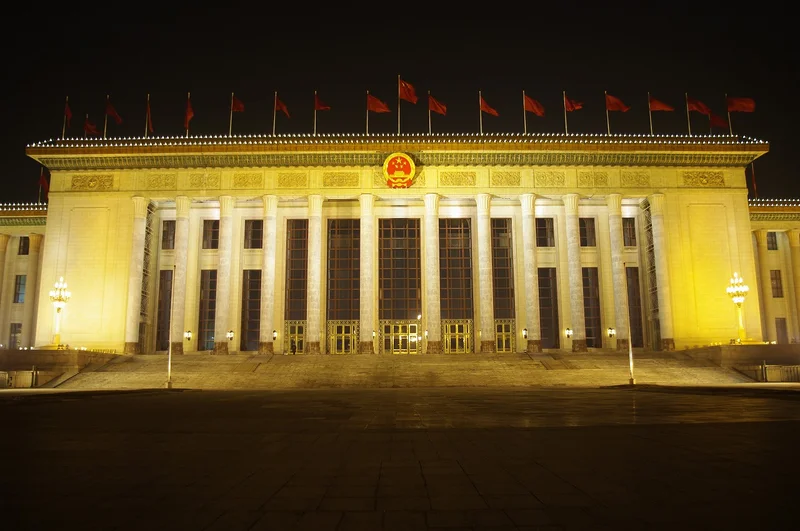
British Prime Minister Margaret Thatcher and Chinese leader Deng Xiaoping signed the historic Sino-British Joint Declaration in Beijing. This landmark agreement established the framework for Hong Kong’s return to Chinese sovereignty on July 1, 1997.
The declaration promised Hong Kong would maintain its capitalist system and enjoy “one country, two systems” governance for fifty years. This diplomatic breakthrough resolved decades of uncertainty about Hong Kong’s future.
1929 – Indian National Congress Declares Independence
The Indian National Congress promulgated the Purna Swaraj, formally declaring India’s independence from British rule. This bold proclamation marked a decisive shift from seeking dominion status to demanding complete sovereignty.
The declaration energized the independence movement and set the stage for intensified civil disobedience campaigns. Gandhi and other leaders rallied millions of Indians around the cause of complete self-rule.
2012 – Park Geun-hye Elected South Korea’s First Female President

South Korea made history by electing Park Geun-hye as its first female president in a closely contested election. Her victory broke significant gender barriers in the traditionally male-dominated Korean political landscape.
Park’s election represented a milestone for women’s political participation in East Asia. Her campaign focused on economic growth, social welfare expansion, and improved relations with North Korea.
1961 – India Annexes Daman and Diu
India successfully annexed the Portuguese territories of Daman and Diu, completing the liberation of remaining European colonial enclaves. Military operations swiftly overwhelmed Portuguese resistance in these coastal territories.
The annexation marked the end of over four centuries of Portuguese colonial presence in the region. Prime Minister Nehru’s government celebrated the action as completing India’s territorial integrity.
1978 – Nelson Rockefeller Sworn in as Vice President

Nelson Rockefeller took the oath of office as Vice President under President Gerald Ford, becoming the first person to assume the position under the Twenty-fifth Amendment. His appointment filled the vacancy created by Ford’s elevation to the presidency.
Rockefeller’s confirmation process involved extensive congressional hearings scrutinizing his wealth and business dealings. His tenure marked a significant moment in American constitutional history.
1920 – King Constantine I Restored to Greek Throne
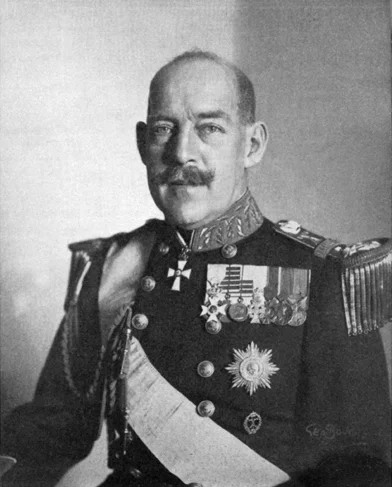
King Constantine I returned to power as King of the Hellenes following his son Alexander’s death and a national plebiscite. The restoration ended his three-year exile and dramatically altered Greek political dynamics.
Constantine’s return triggered significant changes in Greek foreign policy, particularly regarding relations with the Allied powers. His restoration reflected the Greek people’s desire for political stability after years of turmoil.
1985 – Gorbachev Releases Sakharov from Exile
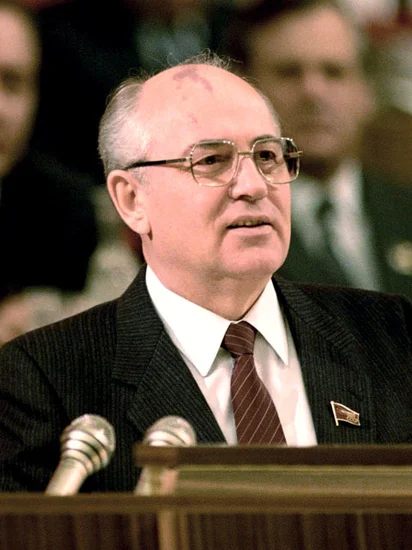
Soviet leader Mikhail Gorbachev personally called physicist Andrei Sakharov to inform him of his release from internal exile in Gorky. This dramatic gesture signaled the beginning of Gorbachev’s glasnost policy of increased openness.
Sakharov’s release sent shockwaves through the international community and marked a fundamental shift in Soviet human rights policy. The Nobel Peace Prize laureate’s freedom symbolized hope for broader political reforms.
Military and Naval History on December 19
1941 – Hitler Assumes Direct Command of German Army
Adolf Hitler appointed himself as head of the Oberkommando des Heeres, taking direct personal control of German military operations. This unprecedented move centralized all Wehrmacht decision-making under his authority during a critical phase of World War II.
The decision came as German forces stalled in their advance toward Moscow amid harsh winter conditions. Hitler’s direct involvement would prove disastrous for German military effectiveness throughout the remainder of the war.
1941 – Italian Divers Damage British Battleships in Alexandria
Italian naval commandos executed a daring underwater attack using limpet mines against HMS Valiant and HMS Queen Elizabeth in Alexandria harbor. The successful operation severely damaged both British battleships and shifted naval power in the Mediterranean.
The attack demonstrated innovative underwater warfare techniques and dealt a significant blow to British naval supremacy. Italian frogmen penetrated heavily defended harbor defenses to achieve this remarkable tactical success.
1945 – First Indochina War Begins
The First Indochina War erupted as Vietnamese forces launched coordinated attacks against French colonial positions throughout the region. This conflict marked the beginning of decades of warfare that would reshape Southeast Asian geopolitics.
Ho Chi Minh’s forces initiated guerrilla operations against French military installations and administrative centers. The war’s outbreak signaled the collapse of European colonial authority in post-war Asia.
1941 – German Submarine U-574 Sunk by Royal Navy
HMS Stork, commanded by Captain Frederic John Walker, successfully destroyed German submarine U-574 off Punta Delgada using ramming tactics and depth charges. Twenty-eight German sailors perished in the engagement.
Walker’s aggressive anti-submarine tactics proved highly effective in the Battle of the Atlantic. The victory demonstrated evolving Royal Navy techniques for combating the German U-boat threat.
1912 – General Slocum Captain Pardoned
President William Howard Taft pardoned William Van Schaick, captain of the steamship General Slocum, after serving three and a half years in Sing Sing prison. The captain had been convicted following the tragic fire that killed over one thousand passengers.
The pardon sparked controversy given the magnitude of the maritime disaster. Van Schaick’s case highlighted issues of maritime safety and captain responsibility during emergencies.
Science and Discovery Milestones on December 19
1972 – Apollo 17 Returns from Final Lunar Mission
Apollo 17 splashed down safely in the Pacific Ocean, completing humanity’s last crewed mission to the Moon. Astronauts Eugene Cernan, Ronald Evans, and Harrison Schmitt returned with valuable lunar samples and scientific data.
The mission marked the end of an era in space exploration and human lunar presence. Cernan’s final words from the lunar surface promised that humanity would return to continue exploration.
1999 – Space Shuttle Discovery Launches Hubble Servicing Mission

Space Shuttle Discovery launched on STS-103, the third Hubble Space Telescope servicing mission designed to upgrade and repair the orbital observatory. The mission ensured Hubble’s continued operation into the new millennium.
Astronauts successfully replaced crucial components including gyroscopes and computer systems during complex spacewalks. The servicing mission extended Hubble’s operational life and enhanced its scientific capabilities.
2013 – European Space Agency Launches Gaia Spacecraft

The European Space Agency successfully launched the Gaia spacecraft, designed to create the most accurate three-dimensional map of the Milky Way galaxy. This ambitious mission aimed to catalog over one billion stars with unprecedented precision.
Gaia’s advanced instruments promised to revolutionize understanding of stellar evolution, galactic structure, and cosmic distances. The mission represented a quantum leap in astronomical surveying capabilities.
2001 – Record High Atmospheric Pressure Recorded
Meteorologists recorded a record-breaking barometric pressure reading of 1,085.6 hectopascals at Tosontsengel, Mongolia. This extraordinary measurement represented the highest atmospheric pressure ever reliably documented.
The extreme pressure reading occurred during an exceptionally strong high-pressure system over Central Asia. Scientists studied the meteorological conditions that produced this remarkable atmospheric phenomenon.
Cultural and Arts Events on December 19
1932 – BBC World Service Begins Broadcasting
The BBC launched its Empire Service, which later became the BBC World Service, beginning regular international broadcasting. This pioneering venture established Britain’s global radio presence and cultural influence.
The service initially targeted British territories and dominions but gradually expanded to serve worldwide audiences. BBC World Service became a trusted source of news and information across the globe.
1924 – Final Rolls-Royce Silver Ghost Sold
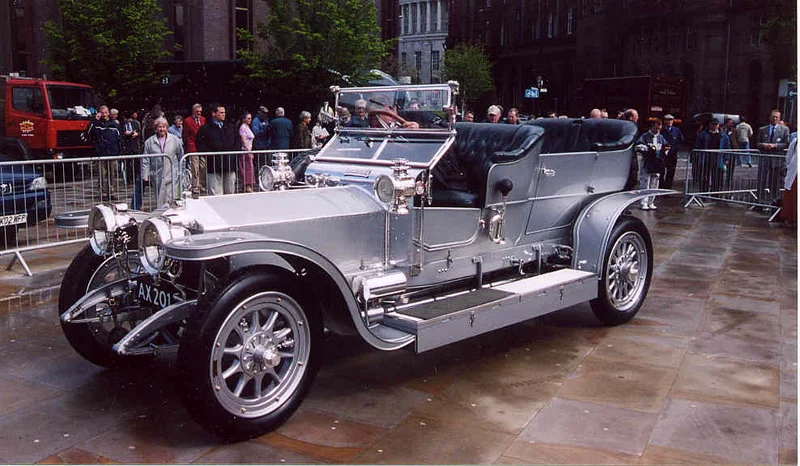
The last Rolls-Royce Silver Ghost automobile was sold in London, marking the end of production for this legendary luxury vehicle. The Silver Ghost had established Rolls-Royce’s reputation for exceptional quality and craftsmanship.
Over 7,000 Silver Ghost models were produced during its nineteen-year production run. The model’s discontinuation marked the transition to more modern automotive designs while maintaining Rolls-Royce’s luxury heritage.
1983 – FIFA World Cup Trophy Stolen
Thieves stole the original FIFA World Cup trophy, the Jules Rimet Trophy, from the Brazilian Football Confederation headquarters in Rio de Janeiro. The theft shocked the international football community and remains unsolved.
The stolen trophy had been permanently awarded to Brazil after their third World Cup victory in 1970. Its disappearance represented the loss of one of sport’s most prestigious and historically significant artifacts.
Religious and Social Events on December 19
1927 – Indian Revolutionaries Executed by British
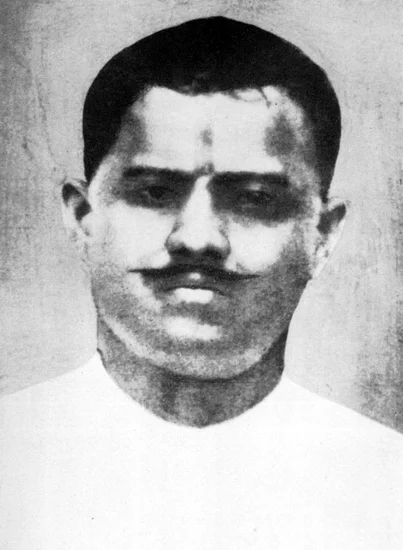
The British colonial government executed three Indian independence activists: Ram Prasad Bismil, Roshan Singh, and Ashfaqulla Khan for their participation in the Kakori conspiracy. Their deaths galvanized the Indian independence movement.
The executions transformed these men into martyrs for the cause of Indian freedom. Their sacrifice inspired countless others to join the struggle against British colonial rule.
1995 – Federal Recognition Restored to Potawatomi Tribe
The United States Government restored federal recognition to the Nottawaseppi Huron Band of Potawatomi, acknowledging their tribal sovereignty and cultural identity. This decision rectified decades of injustice and bureaucratic neglect.
The recognition granted the tribe access to federal programs and services while affirming their ancestral rights. This milestone represented broader efforts to address historical wrongs against Native American communities.
1924 – Fritz Haarmann Sentenced to Death
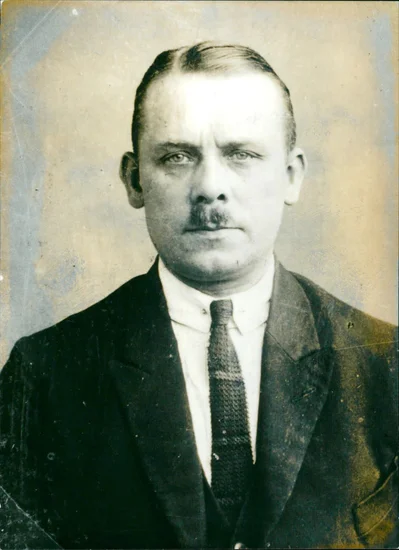
German courts sentenced serial killer Fritz Haarmann to death for his brutal crimes that terrorized Hanover. The case horrified the public and highlighted the need for improved criminal investigation techniques.
Haarmann’s crimes shocked German society and influenced criminal psychology studies. His case became one of the most notorious criminal prosecutions in German legal history.
Business and Economic Events on December 19
2001 – Argentine Economic Crisis Riots Erupt
Massive riots erupted in Buenos Aires as Argentina’s economic crisis reached a breaking point with banking restrictions and currency devaluation. The civil unrest reflected widespread public anger over government economic policies.
The riots forced President De la Rúa to declare a state of siege as protesters demanded economic relief. Argentina’s economic collapse became one of the most severe financial crises in Latin American history.
1986 – Mikhail Gorbachev Releases Sakharov from Exile
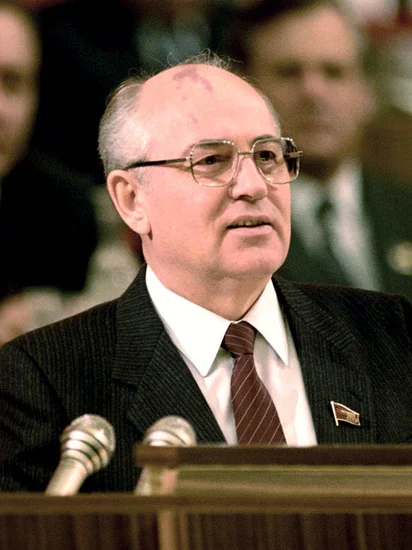
Soviet leader Mikhail Gorbachev personally telephoned physicist Andrei Sakharov to inform him of his release from internal exile in Gorky. This dramatic gesture signaled the beginning of Gorbachev’s glasnost policy.
Sakharov’s release had significant economic implications as it signaled Soviet openness to reform and international cooperation. The decision encouraged Western investment and technological exchange with the Soviet Union.
1977 – Bob-Tangol Earthquake Strikes Iran
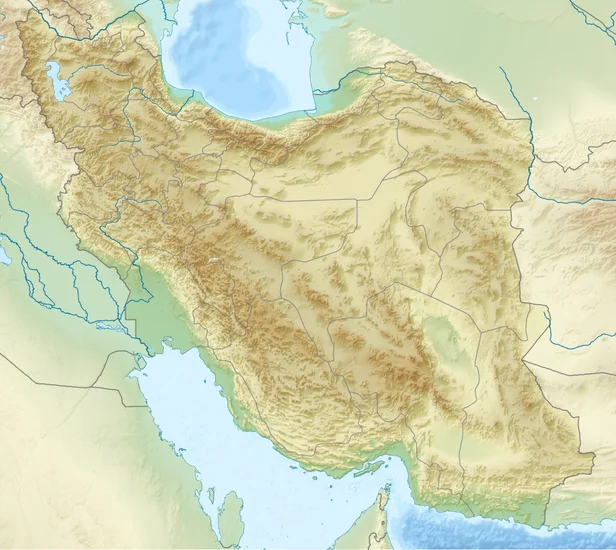
A magnitude 5.8 earthquake devastated Kerman Province in Iran, destroying villages and killing 665 people. The natural disaster highlighted the region’s vulnerability to seismic activity and inadequate building standards.
The earthquake’s economic impact extended beyond immediate casualties, destroying agricultural infrastructure and displacing thousands. International aid efforts helped rebuild affected communities and improve disaster preparedness.
1981 – Penlee Lifeboat Disaster
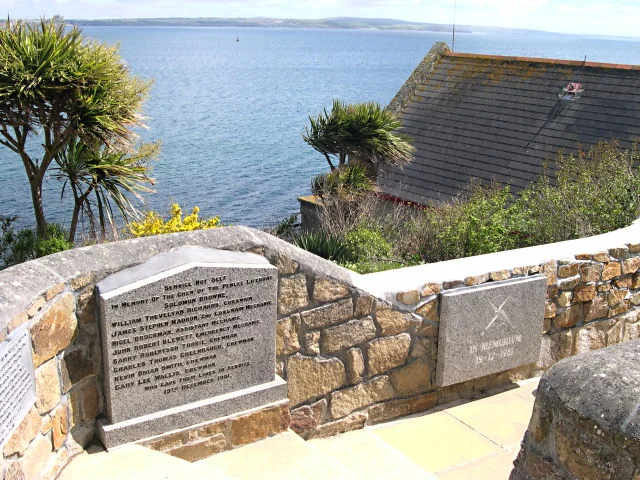
Sixteen lives were lost when the Penlee lifeboat Solomon Browne attempted to rescue the crew of the stricken coaster Union Star in severe weather conditions. The tragedy highlighted the dangers faced by maritime rescue services.
The disaster shocked the British maritime community and led to improvements in lifeboat design and safety protocols. The heroic sacrifice of the Penlee crew became legendary in British maritime history.
Transportation and Infrastructure on December 19
2005 – Chalk’s Ocean Airways Flight 101 Crashes
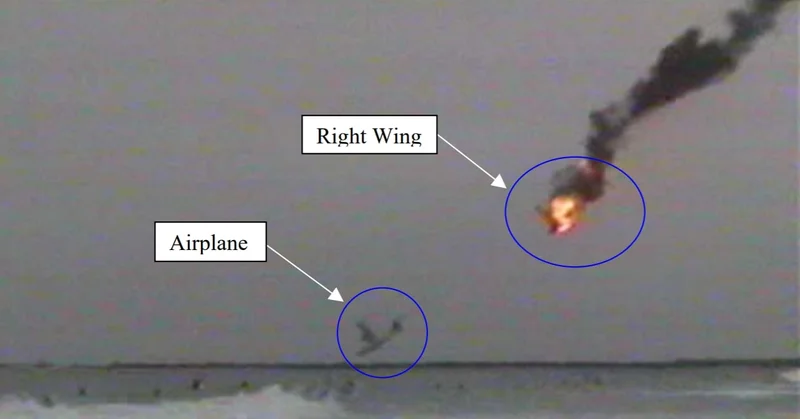
Chalk’s Ocean Airways Flight 101 crashed into the Government Cut channel immediately after takeoff from Miami Seaplane Base, killing all 20 people aboard. The accident ended the airline’s long history of seaplane operations.
The crash prompted extensive investigations into seaplane safety and maintenance practices. Chalk’s Airways, which had operated since 1919, never recovered from the tragedy and ceased operations.
1997 – SilkAir Flight 185 Crashes in Indonesia

SilkAir Flight 185 crashed into the Musi River near Palembang, Indonesia, killing all 104 passengers and crew members. The Boeing 737’s sudden dive from cruising altitude baffled investigators and families.
The crash investigation revealed potential pilot suicide, though definitive conclusions remained elusive. The tragedy highlighted concerns about pilot mental health screening and aircraft security systems.
1983 – Aeroflot Flight Hijacked to China

Aeroflot Flight 101/435 was hijacked by its own first officer, who diverted the aircraft to China in a desperate attempt to escape the Soviet Union. The unprecedented incident embarrassed Soviet aviation authorities.
The hijacking highlighted security vulnerabilities in Soviet commercial aviation and internal political tensions. The incident strained Sino-Soviet relations and prompted enhanced aircraft security measures.
1907 – Darr Mine Disaster Claims 239 Lives
A catastrophic explosion at the Darr Mine in Jacobs Creek, Pennsylvania, killed 239 coal miners in one of America’s worst mining disasters. The tragedy exposed dangerous working conditions in the coal industry.
The disaster prompted calls for improved mine safety regulations and worker protection measures. Families of victims demanded accountability from mining companies and government regulators.
Sports and Recreation on December 19
1956 – Dr. John Bodkin Adams Arrested

Irish-born physician John Bodkin Adams was arrested in connection with the suspicious deaths of more than 160 patients in what became one of Britain’s most notorious medical scandals. The case shocked the medical community.
Adams eventually faced trial but was convicted only of minor charges despite overwhelming suspicions. The case highlighted the need for better oversight of medical practice and patient protection.
1967 – Australian Prime Minister Harold Holt Disappears

Australian Prime Minister Harold Holt vanished while swimming at Cheviot Beach near Melbourne and was officially presumed dead. His disappearance remains one of Australia’s greatest political mysteries.
Holt’s disappearance triggered a massive search operation and numerous conspiracy theories. The incident led to significant changes in Australian security protocols for government officials.
2016 – Berlin Christmas Market Terror Attack

A terrorist driving a stolen truck attacked a Christmas market in Berlin, killing 12 people and injuring 56 others. The attack shocked Germany and highlighted vulnerabilities in public security.
The attack was claimed by ISIS and carried out by a Tunisian asylum seeker. The incident prompted increased security measures at public events across Europe.
Notable Births on December 19
1906 – Leonid Brezhnev Born
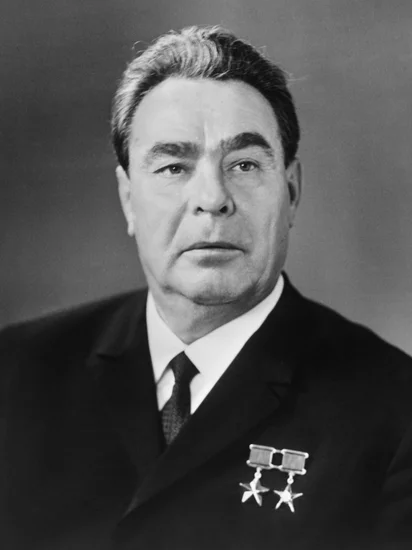
Leonid Brezhnev was born in Ukraine, destined to become one of the Soviet Union’s most influential leaders. His early life in an industrial family shaped his understanding of working-class struggles.
Brezhnev would later serve as General Secretary of the Communist Party for eighteen years. His tenure marked a period of Soviet stability and détente with the West.
1915 – Édith Piaf Born
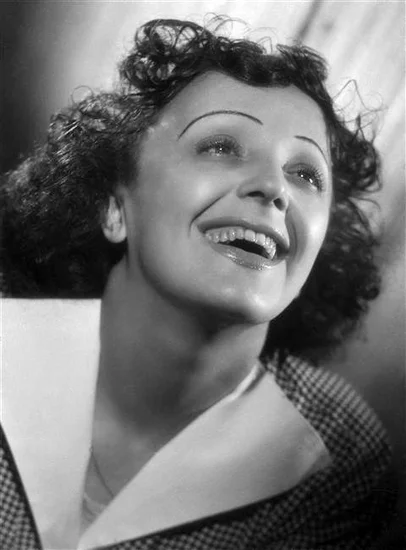
French chanteuse Édith Piaf entered the world in Paris, beginning a journey that would make her one of France’s most beloved entertainers. Her childhood poverty and street performances shaped her distinctive vocal style.
Piaf’s passionate performances and tragic personal life captivated audiences worldwide. Her songs like “La Vie en Rose” became timeless classics of French popular music.
1972 – Alyssa Milano Born

American actress Alyssa Milano was born in Brooklyn, New York, launching a career that would span television, film, and activism. Her early talent for performance emerged during childhood acting classes.
Milano became a household name through television series like “Who’s the Boss?” and “Charmed.” Her later activism work, particularly in the #MeToo movement, demonstrated her commitment to social justice.
1980 – Jake Gyllenhaal Born

American actor Jake Gyllenhaal was born in Los Angeles into a family deeply connected to the entertainment industry. His parents’ involvement in filmmaking provided early exposure to professional acting.
Gyllenhaal developed into one of Hollywood’s most versatile performers, starring in acclaimed films across multiple genres. His commitment to challenging roles earned critical acclaim and numerous award nominations.
1974 – Ricky Ponting Born
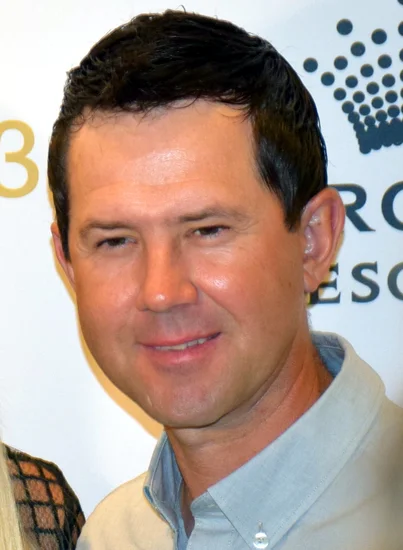
Australian cricket legend Ricky Ponting was born in Tasmania, beginning a journey to become one of cricket’s greatest batsmen. His natural talent with the bat emerged during childhood matches.
Ponting captained Australia during their most successful era, winning multiple World Cups and Ashes series. His aggressive batting style and tactical leadership transformed Australian cricket.
1988 – Alexis Sánchez Born

Chilean footballer Alexis Sánchez was born in Tocopilla, overcoming poverty to become one of South America’s finest players. His determination and skill caught the attention of scouts early in his career.
Sánchez became Chile’s most successful international player, starring for top European clubs and leading his national team. His versatility and work ethic made him a fan favorite worldwide.
1987 – Karim Benzema Born

French footballer Karim Benzema was born in Lyon, beginning a career that would establish him as one of world football’s elite strikers. His technical ability and goal-scoring instinct emerged during youth training.
Benzema became Real Madrid’s focal point in attack, winning multiple Champions League titles. His elegant playing style and clutch performances in crucial matches earned widespread acclaim.
1967 – Criss Angel Born

American magician and illusionist Criss Angel was born in New York, developing an early fascination with magic and performance. His innovative approach to illusion would revolutionize modern magic entertainment.
Angel became famous for his television shows and Las Vegas performances that pushed the boundaries of traditional magic. His edgy style and death-defying stunts attracted new audiences to the art form.
1941 – Lee Myung-bak Born
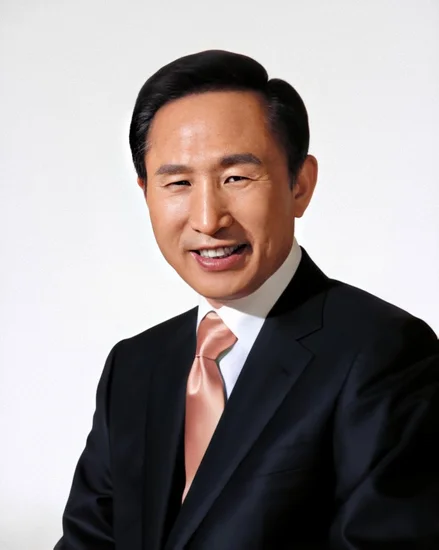
South Korean business leader and politician Lee Myung-bak was born during Japanese occupation, experiencing the hardships that shaped his generation. His early life instilled values of hard work and perseverance.
Lee built a successful business career before entering politics, eventually becoming South Korea’s president. His leadership during the global financial crisis demonstrated his economic expertise and pragmatic approach.
1902 – Ralph Richardson Born
English actor Ralph Richardson was born in Cheltenham, beginning a theatrical career that would span over six decades. His distinctive voice and commanding presence made him one of Britain’s most respected performers.
Richardson became a cornerstone of British theater, earning acclaim for both classical and contemporary roles. His contributions to stage and screen earned him a knighthood and lasting recognition.
Notable Deaths on December 19
1915 – Alois Alzheimer Dies
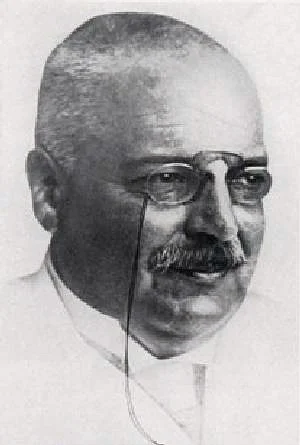
German psychiatrist and neuropathologist Alois Alzheimer died at age 51, leaving behind groundbreaking research into dementia and brain disorders. His work identifying the disease that bears his name revolutionized understanding of neurological conditions.
Alzheimer’s research established the foundation for modern neuroscience and dementia studies. His detailed observations of brain tissue abnormalities provided crucial insights into age-related cognitive decline.
1996 – Marcello Mastroianni Dies

Italian actor Marcello Mastroianni died in Paris at age 72, ending a career that epitomized European cinema’s golden age. His collaborations with Federico Fellini created some of film history’s most memorable characters.
Mastroianni’s sophisticated screen presence and natural charisma made him an international star. His performances in films like “La Dolce Vita” and “8½” defined the essence of Italian cinema.
1953 – Robert Millikan Dies
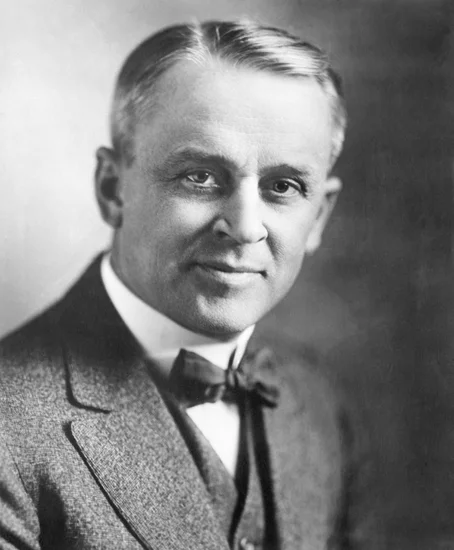
American physicist Robert Millikan died at age 85, having won the Nobel Prize for his groundbreaking work measuring the charge of electrons. His oil-drop experiment became a cornerstone of modern physics education.
Millikan’s precise measurements provided crucial evidence for atomic theory and quantum mechanics. His scientific contributions helped establish the United States as a leader in physics research.
1999 – Desmond Llewelyn Dies

Welsh actor Desmond Llewelyn died in a car accident at age 85, ending his iconic portrayal of Q in seventeen James Bond films. His gadget-loving character became one of cinema’s most beloved supporting roles.
Llewelyn’s dry wit and scientific expertise brought warmth and humor to the Bond franchise. His Q character provided essential technical support while delivering memorable comedic moments.
1997 – Masaru Ibuka Dies

Japanese businessman Masaru Ibuka died at age 89, having co-founded Sony Corporation and revolutionized consumer electronics. His vision for miniaturized technology transformed how people experience music and entertainment.
Ibuka’s innovations, including the Walkman and compact disc player, changed global culture. His commitment to quality and innovation established Sony as a worldwide technology leader.
2016 – Andrei Karlov Dies
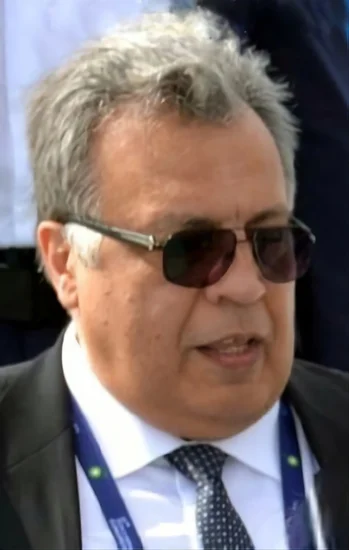
Russian Ambassador to Turkey Andrei Karlov was assassinated at age 62 while attending an art exhibition in Ankara. His death shocked the diplomatic community and threatened to derail Russian-Turkish relations.
Karlov’s assassination occurred during a period of complex regional tensions involving Syria and broader Middle Eastern conflicts. His death highlighted the dangers faced by diplomats in volatile regions.
2004 – Herbert C. Brown Dies

American chemist Herbert C. Brown died at age 92, having won the Nobel Prize for developing revolutionary organic synthesis techniques. His work with borane compounds transformed pharmaceutical and chemical manufacturing.
Brown’s hydroboration reaction became one of the most important tools in organic chemistry. His innovations enabled the synthesis of complex molecules essential for modern medicine.
1946 – Paul Langevin Dies

French physicist Paul Langevin died at age 74, having made fundamental contributions to quantum mechanics and relativity theory. His work on Brownian motion and electromagnetic theory influenced Einstein’s research.
Langevin’s scientific achievements helped establish France’s position in modern physics. His political activism and resistance to Nazi occupation demonstrated his commitment to human rights.
1972 – Ahmet Emin Yalman Dies
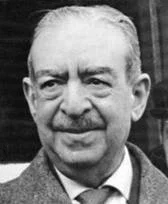
Turkish journalist and publisher Ahmet Emin Yalman died at age 84, having championed press freedom and democratic values throughout his career. His newspaper work promoted Turkish modernization and Western democratic ideals.
Yalman’s journalism helped shape Turkish public opinion during crucial periods of national development. His commitment to free press principles influenced generations of Turkish journalists.
2012 – Robert Bork Dies

American judge and legal scholar Robert Bork died at age 85, having profoundly influenced conservative legal thought and constitutional interpretation. His Supreme Court nomination battle became one of the most contentious in American history.
Bork’s originalist philosophy shaped conservative judicial thinking for decades. His writings on antitrust law and constitutional theory influenced legal education and practice.
Holidays and Observances on December 19
Goa Liberation Day Celebrated
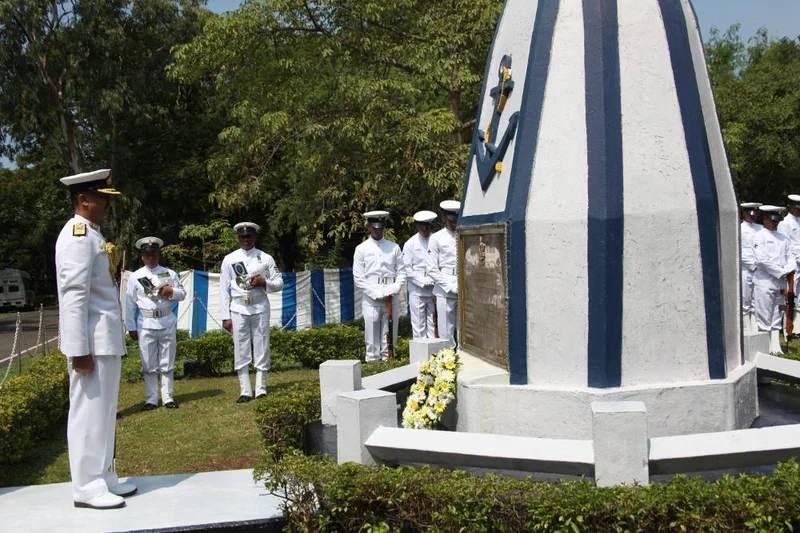
Goa Liberation Day commemorates India’s liberation of Goa from Portuguese colonial rule in 1961. The holiday celebrates the end of over 450 years of Portuguese presence in the region.
The observance includes cultural programs, military parades, and official ceremonies honoring the soldiers who participated in the liberation. Schools and government offices organize special events highlighting Goa’s integration into independent India.
National Heroes and Heroines Day in Anguilla
Anguilla observes National Heroes and Heroines Day to honor individuals who contributed to the island’s development and independence. The holiday celebrates local leaders, freedom fighters, and community builders.
The observance includes ceremonies at monuments, school presentations, and cultural events showcasing Anguillan heritage. Citizens reflect on the sacrifices made by previous generations to achieve self-governance and cultural preservation.
Christian Feast Day Observances
December 19 marks several important Christian feast days, including commemorations of Pope Anastasius I and Pope Urban V. These observances honor the contributions of these religious leaders to the Catholic Church.
Eastern Orthodox churches also observe special liturgical commemorations on this date. The feast days include prayers, special services, and readings celebrating the lives and works of these saints.
